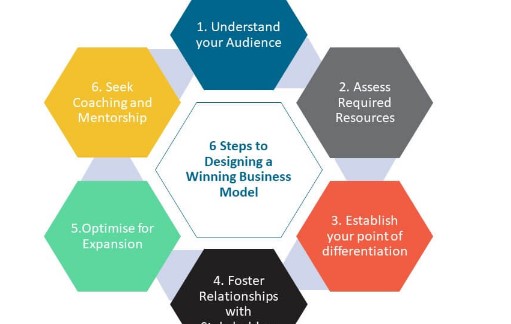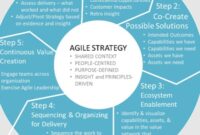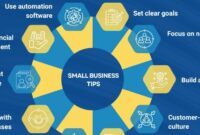Winning Business Models That Work Today
The business landscape is constantly evolving, and what worked yesterday might not work today. Successful business models share common traits: they address a clear customer need, offer a compelling value proposition, and have a sustainable revenue stream. Here are some winning business models flourishing in the current market:
Subscription Models: Predictable Revenue & Customer Loyalty
Subscription models are booming. They offer recurring revenue for businesses and predictable, convenient access for customers. Think Netflix, Spotify, or even software-as-a-service (SaaS) companies like Adobe Creative Cloud. Key advantages include: customer retention, predictable income, and the opportunity to build strong relationships through ongoing service and personalized experiences. Success relies on providing consistent value and adapting to evolving customer expectations.
E-commerce & Direct-to-Consumer (DTC): Cutting Out the Middleman
E-commerce continues to thrive, fueled by accessibility and convenience. The DTC model, in particular, empowers brands to sell directly to consumers, bypassing traditional retailers. This allows for greater control over branding, customer relationships, and profit margins. Examples include Warby Parker (eyewear) and Casper (mattresses). A strong online presence, effective digital marketing, and a seamless customer experience are crucial for DTC success. Companies must focus on building a community and fostering brand loyalty.
Freemium Models: Attracting a Wide User Base
The freemium model offers a basic version of a product or service for free, while charging for premium features or functionalities. This allows companies to attract a large user base and convert a percentage of those users to paying customers. Examples include LinkedIn, Dropbox, and many mobile games. A successful freemium model hinges on finding the right balance between free and paid features, ensuring the free version is valuable enough to attract users while the premium version offers compelling upgrades.
Platform Business Models: Connecting Buyers and Sellers
Platform businesses create a marketplace where buyers and sellers connect. Think Uber (ride-sharing), Airbnb (accommodation), and Amazon (e-commerce). These platforms facilitate transactions, provide value to both sides of the market, and often benefit from network effects (the more users on the platform, the more valuable it becomes for everyone). Success depends on building a robust platform, attracting both buyers and sellers, and ensuring a smooth and trustworthy transaction process.
Sustainability-Focused Models: Appealing to Conscious Consumers
Consumers are increasingly prioritizing sustainability and ethical practices. Businesses that incorporate these values into their core model are gaining traction. This includes companies offering eco-friendly products, supporting fair trade practices, or minimizing their environmental impact. Examples include Patagonia (outdoor apparel) and Beyond Meat (plant-based protein). Transparency, authenticity, and demonstrable commitment to sustainability are essential for success in this space.
Ultimately, the best business model depends on the specific industry, target market, and company resources. However, these examples highlight key trends: leveraging technology, prioritizing customer relationships, and adapting to evolving consumer values are crucial for building a winning business in today’s dynamic market.
“`




